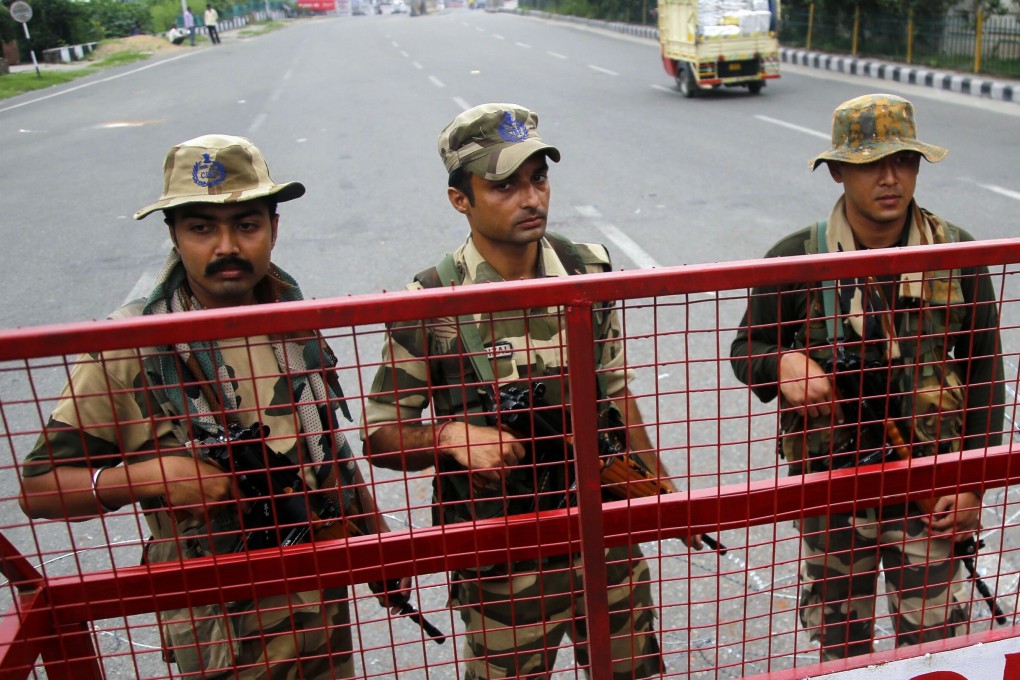India’s harsh anti-terror law comes under rare scrutiny
- The law allows authorities to designate someone as a terrorist and detain them without producing any incriminating evidence
- Critics say police must be held accountable for ‘frivolous arrests’, while others say the law should be repealed completely

All seemed well, until a counterterrorism squad in August 2012 entered his store in Nanded city, and arrested him for allegedly plotting to kill Indian politicians.
For the first few months, he waited for India’s legal system to prove his innocence. But the prospects of an acquittal soon turned grim when he was charged under the country’s harsh anti-terror law.
Irfan was finally released in June 2021 after an Indian court acknowledged he was wrongly jailed. By then, he had already spent nine years in prison.
“Those nine years were no less than a death sentence,” he said.
Irfan’s acquittal came as the anti-terror law faces intensified scrutiny from Indian courts and legal experts.
The law allows authorities to designate someone as a terrorist and detain them without producing any incriminating evidence. It also has stringent requirements for granting bail, which means individuals often spend months, sometimes years, in jail without being found guilty.